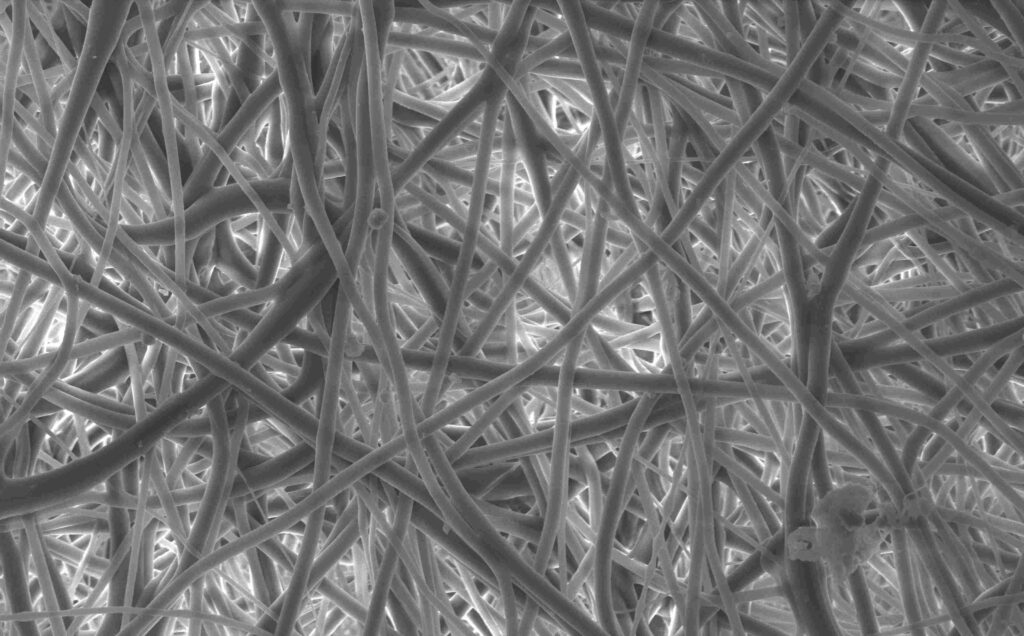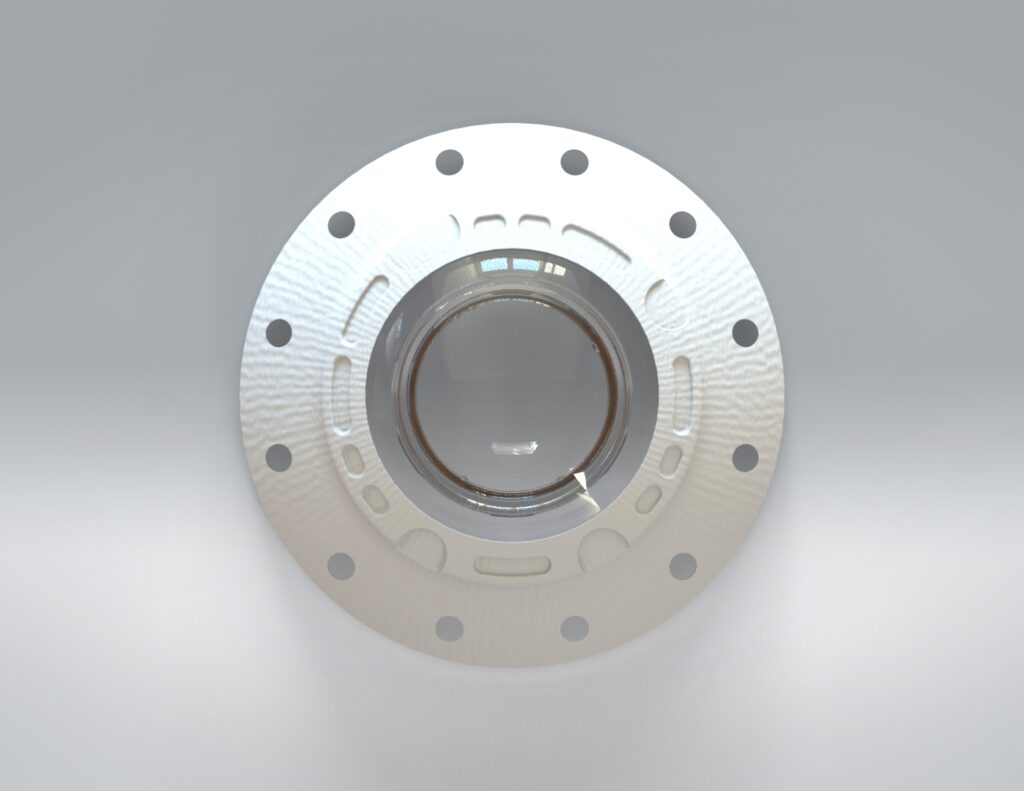When you wake up in the morning and open your eyes, what do you see?
Your dog sleeping at the foot of your bed. The sun coming in through the windows a bit too strong and a bit too early. Anything — blurry or clear, interesting or not, it’s more likely than not that you see something.
That isn’t the case for everyone. Around the world, millions of people have corneal blindness, and for those suffering, eyesight may be a distant memory or a thing of the past entirely. To make matters worse, corneal blindness might be fixable, yet surgeries for it are few and far between.
Corneat Vision, an Israeli start-up taking part in the 3DEXPERIENCE accelerator, has a mission to change that. With patented solutions for synthetic corneal tissue, CorNeat Vision is helping to reduce corneal blindness, one implantation at a time, with their innovative synthetic tissue implant, the CorNeat KPro.

When artificial means better
While artificial sweeteners might get a bad rap, artificial tissues get a pretty good one. They’re more readily available than human donor tissues and they don’t come with the issues that human ones do.
CorNeat Vision uses biomimicry, which mimics biological processes and products, to create its artificial tissues. Doing so reduces reliance on donated human tissue, which are in high demand and short supply; when it comes to corneas, estimates show only one is available for every 70 needed. Synthetic alternatives shorten wait times for recipients in need of implants, and are able to be scaled to meet those needs. CorNeat Vision’s artificial cornea, then, can fill the gaps presented by the lack of donated human tissue.
Synthetically made tissues, in addition to being more readily available, also lack the complications that often come with their human counterparts. Donated corneas may be rejected by a recipient’s body or attacked by their immune system, may carry undetected disease, and may present problems in unreliable levels of acuity. Alternative tissues like the CorNeat KPro also integrate easier into the body, reducing typically long recovery times from human tissue, which is harder for recipients’ bodies to accept.
Leaving blindness in the past
Twice in 2021, CorNeat Vision’s implant helped three blind patients regain sight, first in Israel, then in France and Canada. The Israeli patient hadn’t seen in 10 years despite several attempted surgeries to correct his vision, and the French one had been blind for more than 30 years and was ineligible for a human transplant due to a disease that made his body reject donated human tissues. Without the artificial cornea, it’s unlikely either patient would have regained vision in the near future, if ever.
Speaking about the first implant, Dr. Gilad Litvin, CorNeat Vision’s co-founder, chairman and chief medical officer, said: “Seeing a colleague implant the CorNeat KPro with ease and witnessing a fellow human being regain his sight the following day was electrifying and emotionally moving.”

Selecting technology for scalable outcomes
Given their early successes, CorNeat Vision plans to continue innovating on a larger scale.
With great strides already made, CorNeat Vision and Dassault Systèmes embarked on two joint global clinical trials. The trials, which center on the CorNeat KPro and CorNeat EverPatch products, encompasses surgeries currently being conducted, the successes of which will help these products achieve wider approval on a global scale. Since the trials began, the CorNeat EverPatch received FDA 510(k) clearance, and will be launched initially in leading ophthalmic centers in the U.S. later in 2023, expanding to nationwide availability later in the year. While CorNeat Vision uses SOLIDWORKS to design its devices, for the trials, the company is leveraging Medidata, using Rave EDC and Rave Imaging, which provide solutions for electronic data capture and cloud-based management for medical imaging.
CorNeat Vision has developed four distinct solutions for various diseases and ailments, from glaucoma to corneal blindness, and have even ventured into lab-made tissue for periodontal care. The company joins a growing consortium of companies investing in biomimetics, which provides an exceptional alternative to the complications associated with human-donated tissues, and in particular grants a significant solution to the widespread shortage of corneal tissue available.
The company aims to use the 3DEXPERIENCE platform to create a virtual twin of their planned manufacturing facility that will be erected in conjunction with international clinical trials. Using the platform to scale operations means that their innovative implants will be able to be used more widely, reducing the prevalence of corneal blindness worldwide.
Read more about start-ups in the 3DEXPERIENCE Lab:

